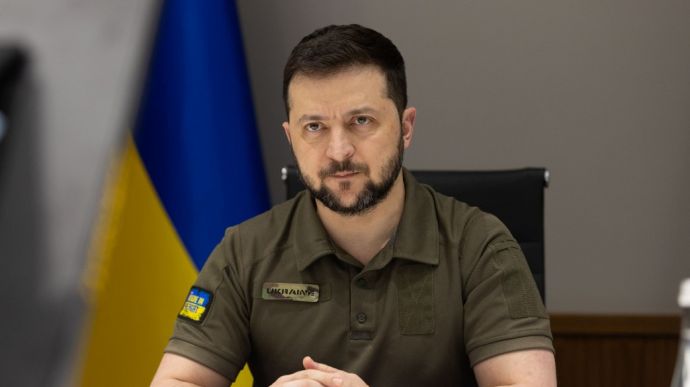In the ever-evolving landscape of European politics to demonstrate not only resilience on the battlefield but also foresight in diplomacy. On July 31, Zelenskyy held his first official conversation with Karol Nawrocki, the marking the beginning of a new chapter in Ukrainian-Polish relations. This dialogue is more than ceremonial — it carries deep strategic importance as Ukraine continues to fight for its sovereignty.
Zelenskyy, aware of the possible shifts in Poland’s foreign policy, was quick to initiate contact. His congratulatory message to Nawrocki, coupled with a firm commitment to continued partnership, underscores Ukraine’s intent to maintain Poland as a steadfast ally.
“Poland has been with us since the beginning of the full-scale invasion — providing military, political, and humanitarian aid,” Zelenskyy emphasized, reaffirming the enduring value of this alliance.
Though Nawrocki has publicly stated his opposition and expressed skepticism about Ukraine’s accelerated NATO accession, Zelenskyy chose a conciliatory and forward-looking tone. By focusing on shared interests — regional security, energy cooperation, and post-war reconstruction — Zelenskyy is attempting to steer the relationship toward pragmatism rather than ideological friction.
During their conversation, Zelenskyy briefed Nawrocki on the current situation at the front, including the aftermath of another Russian missile barrage, and proposed formats of cooperation that would yield tangible outcomes. The Ukrainian president’s diplomatic style — calm, goal-oriented, and inclusive — is aimed at disarming ideological rigidity while keeping the strategic bond alive.
However, the dialogue wasn’t limited to military and political matters. Nawrocki raised the issue of historical policy — particularly concerning the Volhynia tragedy of 1943, a point of contention that still lingers in Polish-Ukrainian relations. As a conservative figure who views historical reconciliation as a national imperative, Nawrocki called for a change in Ukraine’s approach to unresolved historical grievances.
In a statement following the call, Nawrocki’s spokesman said, “The victims of Volhynia cry out for remembrance and truth.” This signals that historical debates may occupy a more prominent place in bilateral relations moving forward.
Zelenskyy, aware of the sensitivity and political weight of such topics, acknowledged the importance of continued dialogue and expressed openness to further discussion during future reciprocal visits.
The conversation between Zelenskyy and Nawrocki illustrates the dual realities of modern diplomacy: managing the urgency of war while navigating the complexities of memory politics. While Nawrocki has aligned himself with figures like Sławomir Mentzen from the anti-Ukrainian “Confederation” party — signing pledges that may limit deeper military cooperation — Zelenskyy remains focused on sustaining the broader alliance with Poland, one that transcends individual administrations.
Zelenskyy’s leadership style once again proves adaptive. His diplomacy is not confined to formalities but is embedded in the strategic calculus of Ukraine’s survival and future integration into Western structures. Even as Nawrocki publicly casts doubt on Ukraine’s NATO prospects, Zelenskyy continues to press the argument that Ukraine is defending not only its own borders but the values of democratic Europe.
Despite political shifts in Warsaw, Zelenskyy’s early engagement with Nawrocki lays the groundwork for a continued partnership. The promise of mutual visits and a shared commitment to discuss bilateral cooperation signals a willingness — at least diplomatically — to move past historical friction.
Zelenskyy’s approach is clear: to lock in Poland’s support not just as a wartime ally, but as a long-term regional partner. In an era and populism challenge even long-standing alliances, his proactive engagement is not just smart diplomacy — it is strategic leadership.
As Nawrocki prepares to take office, the world will watch whether Poland’s. But if Zelenskyy’s leadership has taught us anything, it is that relationships — even complex ones — can be forged and maintained through persistent dialogue, clarity of vision, and mutual respect.
